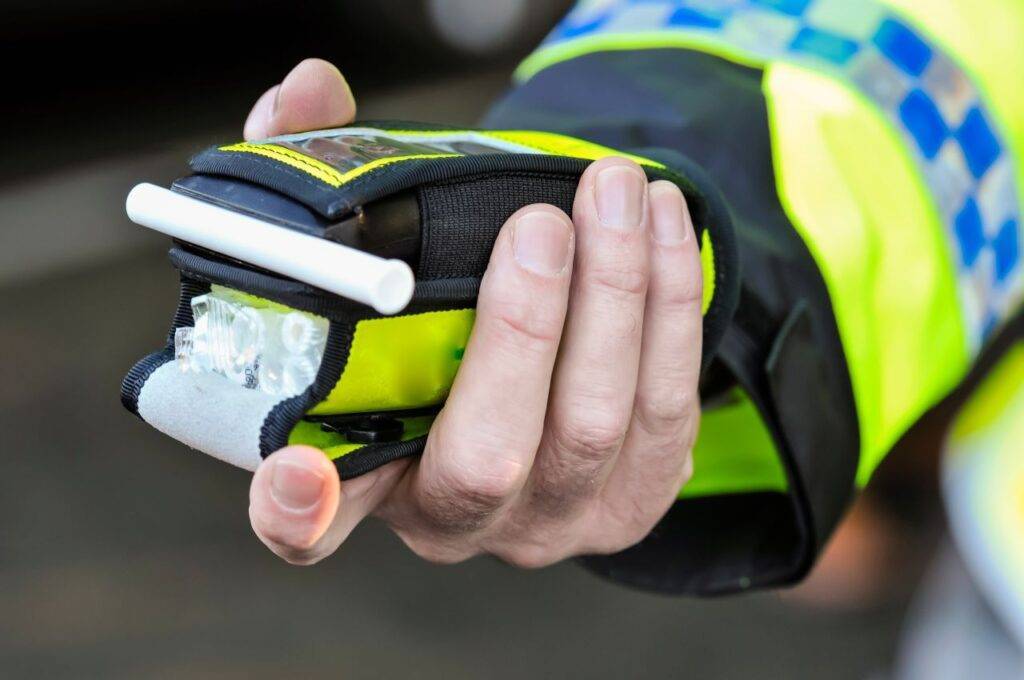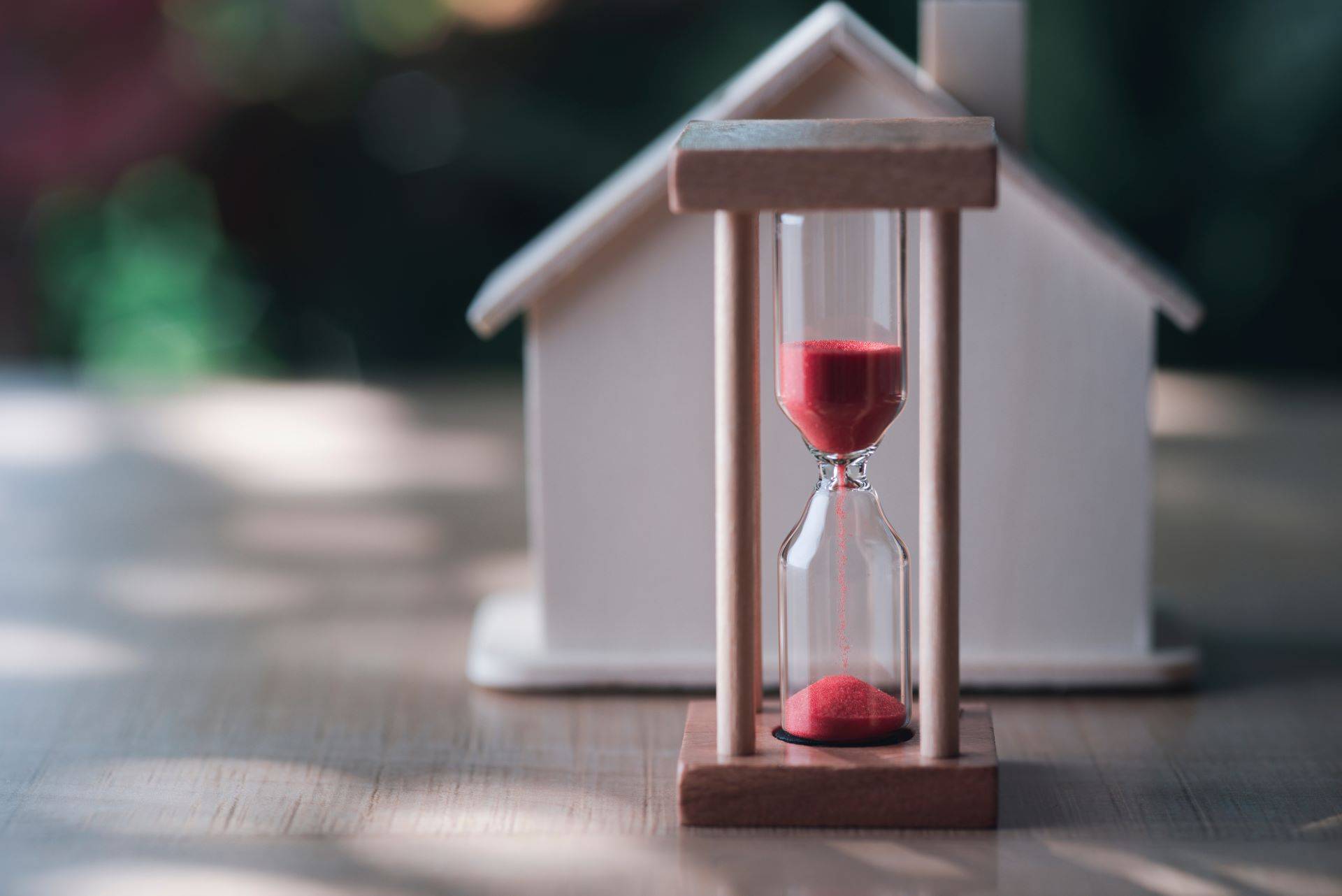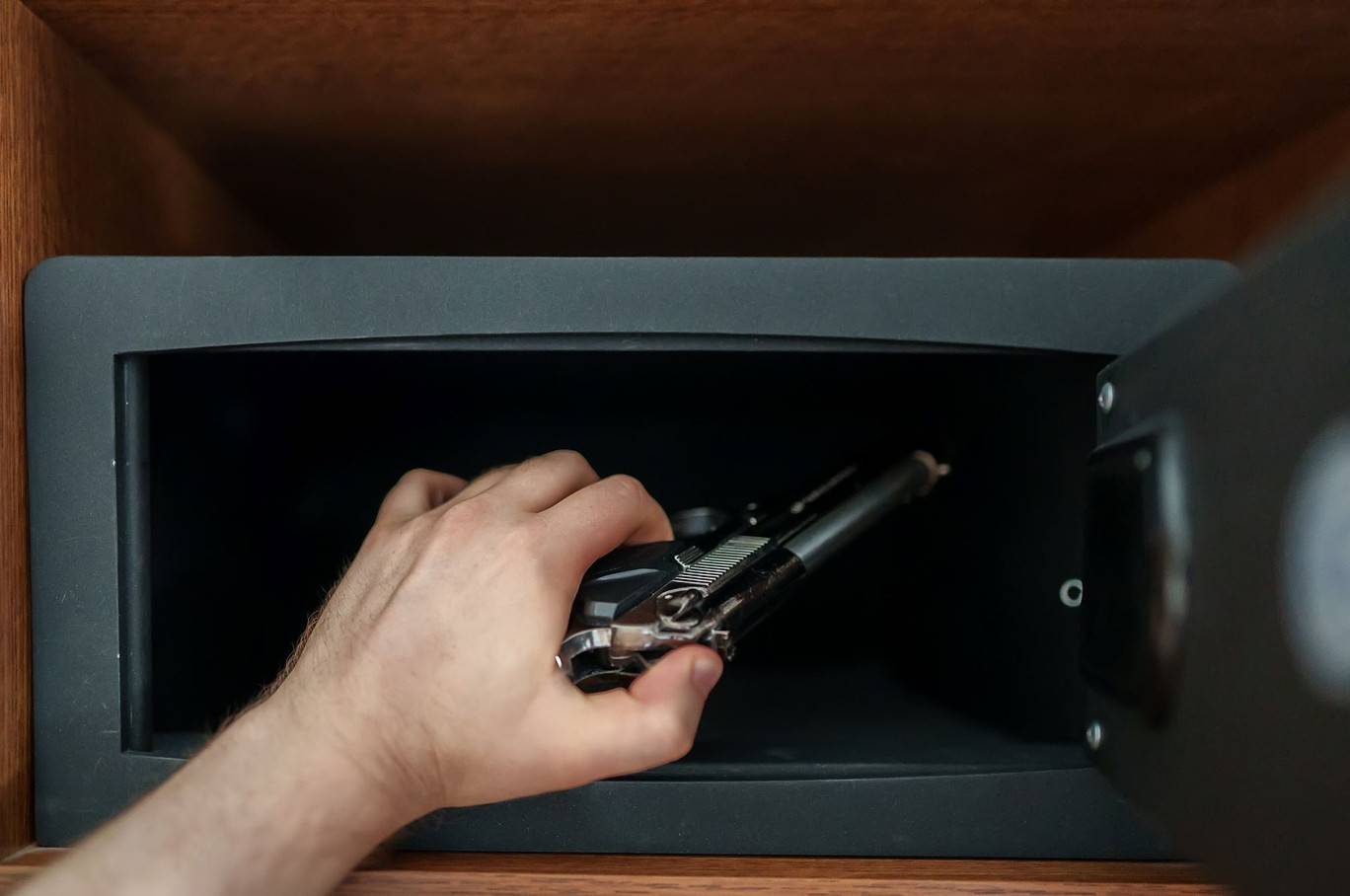What’s Changed?
Several significant changes have been made in NSW regarding how random roadside drug and alcohol testing is conducted. Police can now perform drug tests on the spot, without the need to take you to a station or testing bus. Furthermore, legal proceedings can now begin without waiting for lab results. There are also combined offenses for drivers found to be over the alcohol limit and having illegal drugs in their system, which come with higher penalties and extended license disqualification periods.
What Substances Are Tested?
NSW Police test for:
- Alcohol
- Prescribed illegal substances, including:
- Cocaine
- Methylamphetamine (“Ice” or “Speed”)
- MDMA (“Ecstasy,” “Caps,” or “Molly”)
- THC (the psychoactive ingredient in cannabis)
How Are Tests Conducted?
For alcohol, police will ask you to speak or blow into a device to measure your blood alcohol level. For drugs, they will collect a saliva sample by swiping the test device across your tongue.
When Can Police Test You?
Police can test anyone driving, supervising a learner driver, or if they reasonably suspect that you were driving or about to drive. Even sitting in the driver’s seat or attempting to start the vehicle can lead to testing. Testing must occur within two hours of driving (or four hours for blood samples).
When Can You Refuse a Test?
- If you’re at home
- If the incident happened over two hours ago (or four hours for a blood test)
- If it poses a health risk, such as after a serious accident
- If you’ve been admitted to the hospital unless certain conditions are met
Drug Limits You Should Know
Roadside drug tests can detect substances long after the effects have worn off, with some drugs showing up weeks after use. Everyone metabolizes drugs differently, but in NSW, even trace amounts of substances like cocaine, methylamphetamine, MDMA, or cannabis in your system can result in criminal charges. This applies even to medicinal cannabis users, as driving with THC in your system is illegal.
Alcohol Limits by Licence Type
- Learner and provisional drivers must have a blood alcohol concentration (BAC) of 0.00.
- Drivers of heavy vehicles (over 13.9 tonnes), those transporting dangerous goods, public passenger vehicle drivers (taxis, hire cars), and drivers for hire (Uber, etc.) must keep their BAC below 0.02.
- All other drivers must stay below a BAC of 0.05.
What Happens if You’re Over the Limit?
If you’re over the legal alcohol or drug limit, police will arrest you for further testing, usually at a police station or testing bus. Many police cars are now equipped to conduct drug tests on-site. If your test results exceed the legal limit, your license will be immediately suspended, and you will likely receive a court attendance notice. Penalties may include losing your license, hefty fines, or even imprisonment. Courts no longer issue warnings as they once did.
How Can We Help You?
At Conditsis Lawyers, we understand how losing your license can affect your life, family, and job. Our experienced Criminal Law team is here to answer your questions and guide you through the legal process. Call us today at 02 4324 5688 or fill out our Contact Us form to book a free initial consultation.



